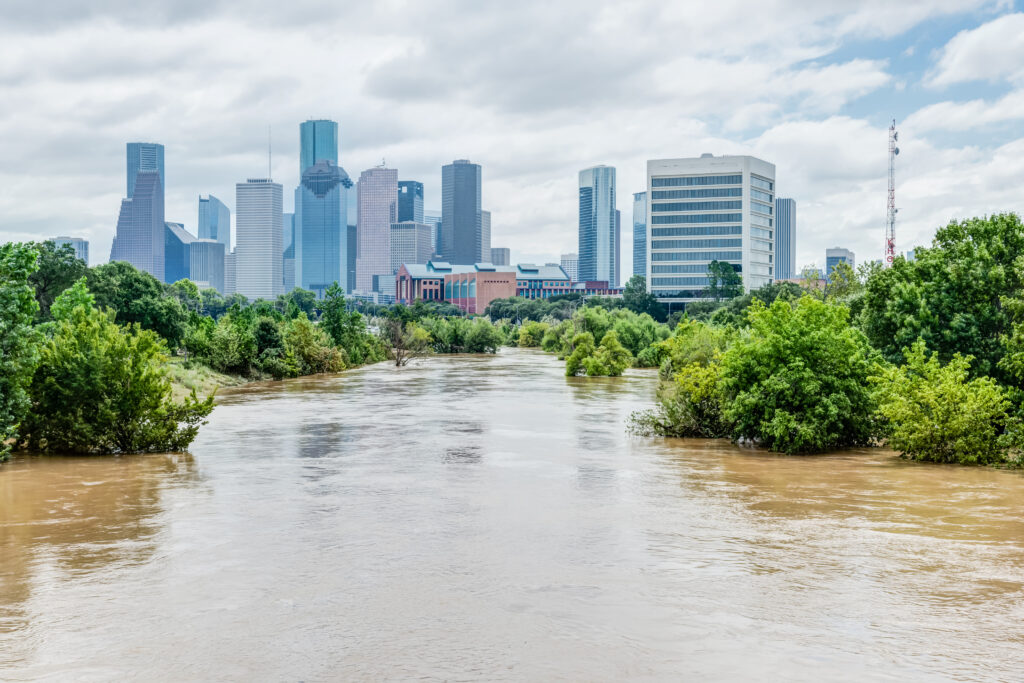The Impact of Hurricane Beryl
Hurricane Beryl has set new records and brought unprecedented challenges. With maximum sustained wind speeds exceeding 160 mph (257 km/h), it became the earliest category five Atlantic hurricane in over a century of recorded history. Previously, only Hurricane Emily on July 16, 2005, had reached such intensity this early in the season. The storm’s immense power has highlighted the critical role of climate change and exceptionally high sea surface temperatures, which fuel these hurricanes. Typically, such strong storms develop later in the season when the seas have had time to warm up through the summer. However, Beryl has shown that warmer waters can lead to more powerful hurricanes earlier in the year.
The Aftermath: Standing Water and Mosquito Breeding Grounds
As Beryl moved across the Caribbean and into the Gulf of Mexico, it left a trail of destruction, culminating in heavy rains and flooding in Houston and the surrounding areas in Texas. The post-cyclone storm is expected to dump an additional 2 to 5 inches of rain as it continues its path northeast. This deluge creates the perfect breeding grounds for mosquitos, as standing water is left in its wake. Mosquitos lay their eggs in stagnant water, and the abundance of puddles, flooded yards, and clogged storm drains will inevitably lead to an explosion in their population.
The Mosquito Threat: Health Risks and Prevention
Mosquitos are not just an annoyance; they are vectors for severe diseases such as West Nile virus, Zika, and dengue fever. The increased mosquito population post-Hurricane Beryl poses significant health risks to the residents of Houston and other affected areas. It is crucial for homeowners to take proactive measures to prevent mosquito breeding and protect their families.
Key Preventive Measures:
- Eliminate Standing Water: Encourage residents to remove standing water from their properties. This includes emptying containers, cleaning gutters, and ensuring proper drainage in low-lying areas.
- Use EPA-Approved Repellents: Promote the use of Everguard Repellents to protect against mosquito bites, especially during peak activity times at dawn and dusk.
- Wear Protective Clothing: Advise wearing long sleeves and pants to minimize exposed skin, reducing the risk of mosquito bites.
- Maintain Yards: Recommend keeping grass short and removing leaf litter to minimize mosquito habitats.
The Role of Distributors and Retailers
As distributors and retailers of Everguard Repellents, you play a vital role in helping communities protect themselves from the mosquito boom following Hurricane Beryl. By ensuring your shelves are stocked with high-quality repellents and educating customers on preventive measures, you can make a significant impact in reducing the health risks associated with mosquito bites.
The Science Behind Stronger Hurricanes
The exceptional strength of Hurricane Beryl can be attributed to warmer sea surface temperatures, which provide the critical fuel for hurricanes. The ocean heat content in the Atlantic hurricane development region has reached levels typically not seen until September, the peak of the hurricane season. This warming trend, driven by climate change, results in more powerful storms capable of causing greater damage and creating ideal conditions for mosquito breeding.
Conclusion
Hurricane Beryl’s record-breaking intensity and the resulting mosquito explosion underscore the importance of preparedness and prevention. As a distributor or retailer of Everguard Repellents, your role is crucial in helping communities navigate these challenges. By providing effective repellents and educating customers on how to mitigate mosquito breeding, you contribute to the health and safety of countless individuals. Let’s work together to ensure that despite the perfect storm, we can protect our communities from the threat of mosquitos.
Stay safe, stay proactive, and let’s combat the mosquito boom together.

